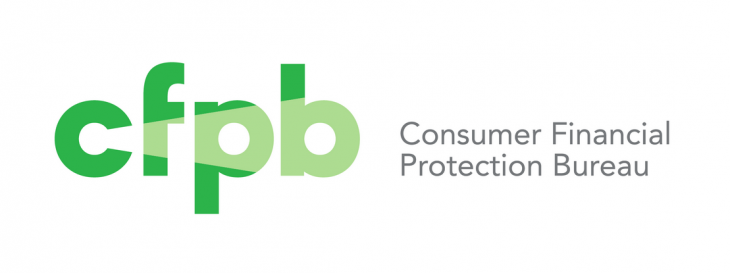CFPB Rule Broadens QM Coverage

The Consumer Financial Protection Bureau (CFPB) has issued an interim final rule that broadens the availability of certain special provisions for small creditors that operate in rural or underserved areas. The new rule, which takes effect March 31, 2016, implements Congress’s recent legislation, the Helping Expand Lending Practices in Rural Communities (HELP) Act, that allowed more small creditors operating in rural or underserved areas to take advantage of these provisions.
“The Consumer Bureau today has acted to implement the recent law that extends to more small creditors the specific provisions for operating in rural or underserved areas,” said CFPB Director Richard Cordray. “This rule provides broader eligibility for lenders serving those areas to originate balloon-payment qualified and high-cost mortgages.”
The rule is being adopted to fit within the background of the CFPB’s prior regulations in the mortgage market. In January and May 2013, the CFPB issued several mortgage rules, most of which took effect in January 2014. They included the Ability-to-Repay rule, which protects consumers by requiring lenders to make a reasonable and good-faith determination that prospective borrowers can repay their loans. Under the rule, a category of loans called Qualified Mortgages, which cannot include certain risky loan features for consumers, are presumed to comply with ability-to-repay requirements.
Several provisions in those existing mortgage rules affect certain small creditors, including those operating in rural or underserved areas. For instance, small creditors that predominantly operate in such areas can originate Qualified Mortgages with balloon payments even though balloon payments are otherwise not allowed with Qualified Mortgages. Similarly, under the Bureau’s Home Ownership and Equity Protection Act rule, such creditors can originate high-cost mortgages with balloon payments. And under the Bureau’s Escrow rule, these creditors are not required to establish escrow accounts for higher-priced mortgages.
“The updated rule expands the number of community banks eligible for exemptions on mandatory escrows for higher-priced mortgages and Qualified Mortgage safe harbor status for balloon payment mortgages they hold in portfolio," said Independent Community Bankers of America (ICBA) President and CEO Camden R. Fine. "Community banks that are small creditors will be able to continue to offer balloon payment mortgages and be exempt from mandatory escrow rules for higher-priced mortgages if they make at least one loan in a rural or underserved area. This will allow many more community banks in rural or underserved areas to meet the needs of their customers and communities.
Since issuing the mortgage rules, the CFPB has continued to monitor the mortgage market and seek public feedback on the appropriate breadth of coverage for these provisions, which had led it to expand the definitions of “small creditor” and “rural area.” In December 2015, however, Congress took further direct action in this area by enacting the HELP Act, which now has broadened even further the category of rural small creditors that may be eligible for certain provisions under the Truth in Lending Act. Today’s interim final rule implements the HELP Act by reflecting Congress’s changes that expanded eligibility for the special provisions allowing balloon-payment qualified mortgages and balloon-payment high-cost mortgages, as well as for the escrow exemption.
Prior to the HELP Act, a small creditor was only eligible for these provisions if it operated predominantly in rural or underserved areas. The Bureau’s prior rules had interpreted that to mean that the small creditor made more than half of its covered mortgage loans on properties located in rural or underserved areas in the prior calendar year. In the HELP Act, Congress amended the statute to provide that a small creditor now will be eligible for these provisions if it operates in a rural or underserved area, even if that is not the predominant area of its operations. The interim final rule the Bureau is issuing implements that amendment by providing that as of March 31, 2016, a small creditor will be eligible for the special provisions if it originates at least one covered mortgage loan on a property located in a rural or underserved area in the prior calendar year. The CFPB will continue to monitor the mortgage market and may adjust its rules in the future to ensure they have a positive impact on consumers and the mortgage market.
This interim final rule is the second rule that the CFPB has issued to implement the HELP Act. On March 3, 2016, the CFPB issued a procedural rule that establishes an application process that allows individuals and entities to apply for additional areas to be designated as rural areas under federal consumer financial laws, as specified in the HELP Act. In light of the interim final rule issued today, the petition process will likely be of limited value, since it will only be relevant to a lender that does not make even a single loan in a census block or county which is already designated as rural, but that operates instead in some other area which the lender believes should be designated as rural.
The CFPB will accept comments on the interim final rule for 30 days after its publication in the Federal Register.





